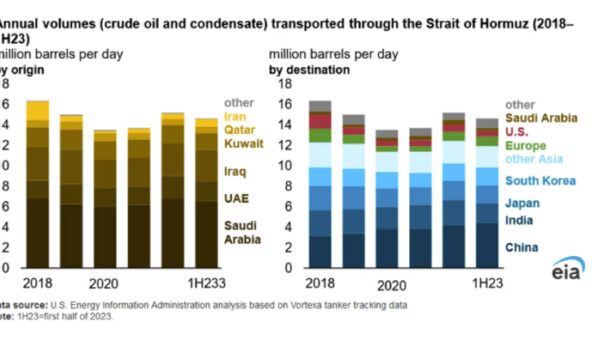Nigeria’s total foreign trade for the third quarter of 2020 rose by 34.15% to stand at N8.4 trillion compared to N6.24 trillion recorded in the previous quarter (Q2 2020).
This is contained in the recently released foreign trade report by the National Bureau of Statistics (NBS).
According to the report, total imports stood at N5.38 trillion in Q3 2020, representing 33.77% increase compared to N4.02 trillion recorded in Q2 2020. It also increased by 38.02% compared to N3.89 trillion recorded in the corresponding period of 2019.
Total export (N2.99 trillion) was 34.85% higher in Q3 2020 than N2.22 trillion recorded in Q2 2020, but 43.41% less than in N5.29 trillion recorded in Q3 2019.
Highlights
- Imported Agricultural goods increased in value by 21.13% in Q3 2020 compared to Q2 2020, and 109.82% compared to the corresponding quarter in 2019.
- The value of Raw material imports increased by 24.47% in Q3 2020 compared to Q2 2020 and 114.95% compared to the same quarter the previous year.
- Agricultural goods export dropped in value by 22.6% in Q3 2020 compared to Q2 2020, but increased by 43.7% year-on-year.
- The value of Raw material goods export recorded a decline of 24.6% in Q3 2020 compared to Q2 2020 and a decline of 61.9% compared to the same quarter in 2019.

Due to lower exports and higher imports, the trade balance recorded a deficit of N2.39 trillion during the third quarter. This also represents the widest merchandise trade deficit since 2017. When compared to the deficit of N1.8 trillion recorded in Q2, the current period deficit rose by 32.45%.
A cursory look at the data shows that, though crude oil exports increased by 56.04% compared to the previous quarter, non-crude oil exports dipped by 14.64% in the same period. Notably, crude oil exports stood at N2.42 trillion in the review period as against N1.55 trillion recorded in Q2 2020.
Also, non-crude oil exports stood at N568.2 billion in Q3 2020, a decline compared to N665.6 billion recorded in Q2 2020 and a further decline compared to N1.54 trillion recorded in the corresponding period of 2019 (Q3).
Top trade destinations
In the review period, Nigeria’s major export trading partners include; India, Spain, Netherlands, South Africa, Turkey, while import trading partners include; China, United States, Netherlands, India, and Belgium.
India accounted for 16.73% (N500.6 billion) of the total value of exported goods, followed by Spain with N328.5 billion (10.97%) and Netherlands with N227.8 billion (7.61%). Others include South Africa with N203.9 billion (6.81%) and Turkey N150.01 billion (5.01%).
On the other hand, China accounted for 30.51% (N1.64 trillion) of Nigeria’s total import followed by the United States with N482.3 billion (8.96%). Netherlands, India, and Belgium made up the rest of the list with N443.5 billion (8.24%), N354.1 billion (6.58%), and N212.3 billion (3.95%).
Top Nigeria’s import by region
- Asia – N2.59 trillion
- Europe – N1.81 trillion
- America – N746.4 billion
- Africa – N175.4 billion
- Oceania – N67.3 billion
Top Nigeria’s export by region
- Europe – N1.24 trillion
- Asia – N1.12 trillion
- Africa – N442.3 billion
- America – N150.8 billion
- Oceania – N44.7 billion
Implication for the Nigerian economy
- When a country’s imports are greater than its exports, it has a trade deficit. This implies Nigeria’s trade deficit rose further within the period, which is bad for the country’s economy.
- The increase in import in the third quarter can be attributed to the relaxation of lockdown and travel restriction that was initially placed across the nation in the previous quarter.
- Also, despite the improvement in total trade, Nigeria is still largely an oil-dependent economy, as the country’s oil export constituted 81% of total export revenue in the period.
- Despite the growth in the Agricultural sector, Agricultural exports declined by 22.6% in the third quarter compared to the previous period.
- Nigeria recorded a negative trade balance in Q3 2020, representing the fourth consecutive record of trade deficit, which will further dampen the country’s current account deficit as the demand for foreign currency exceeds the demand for our local currency hereby affecting our foreign exchange.




















































You must be logged in to post a comment Login